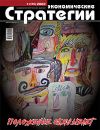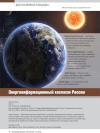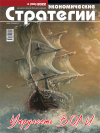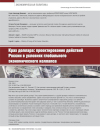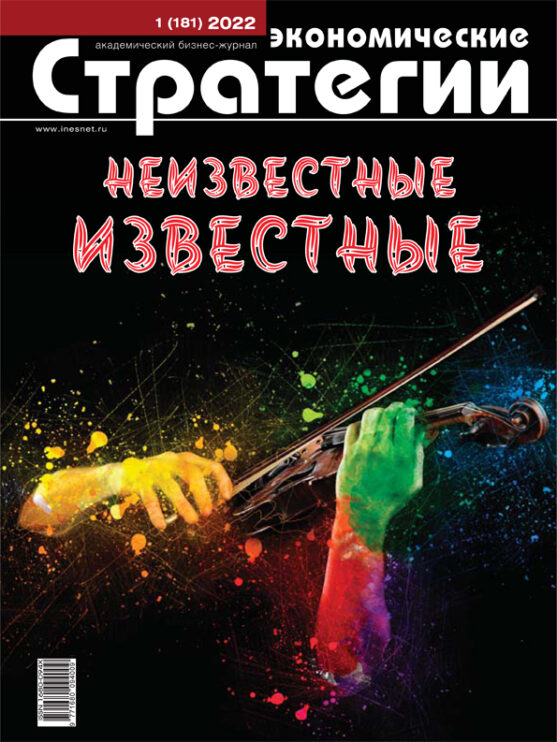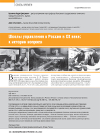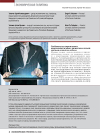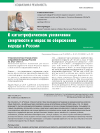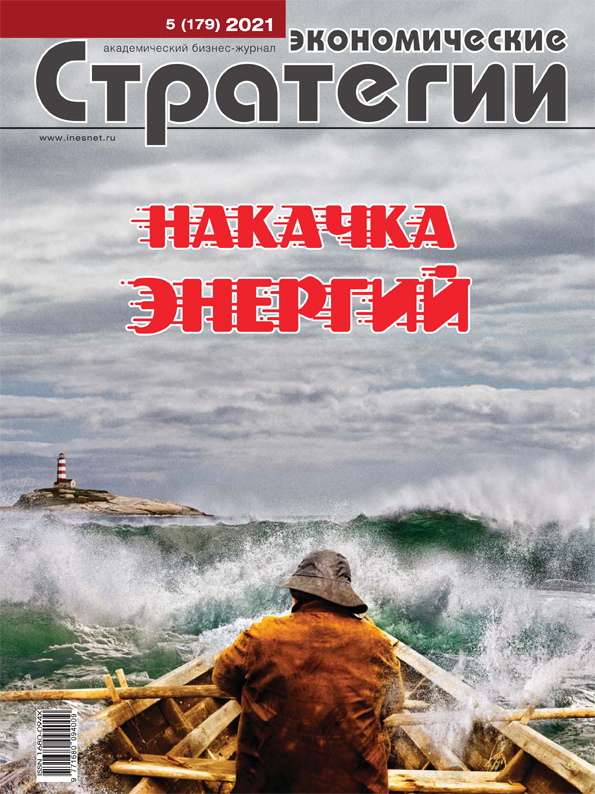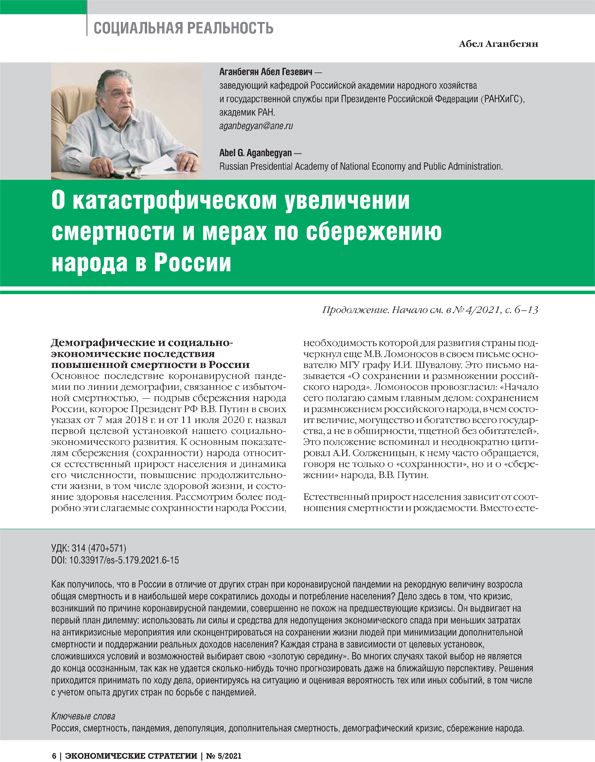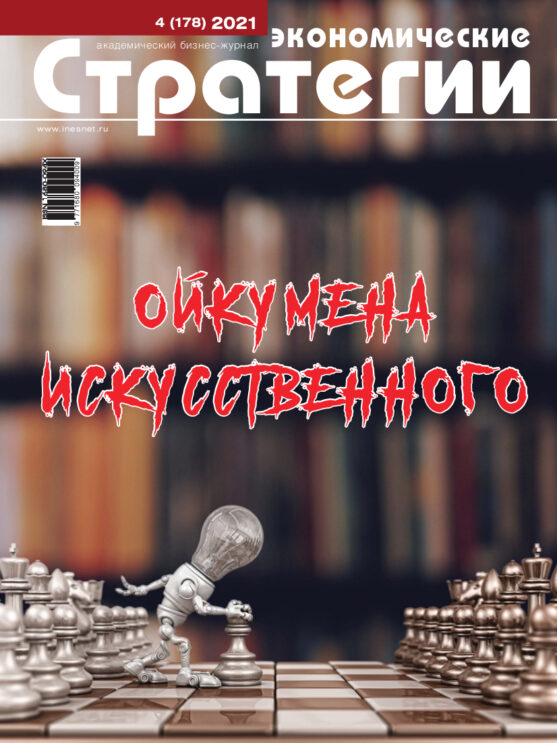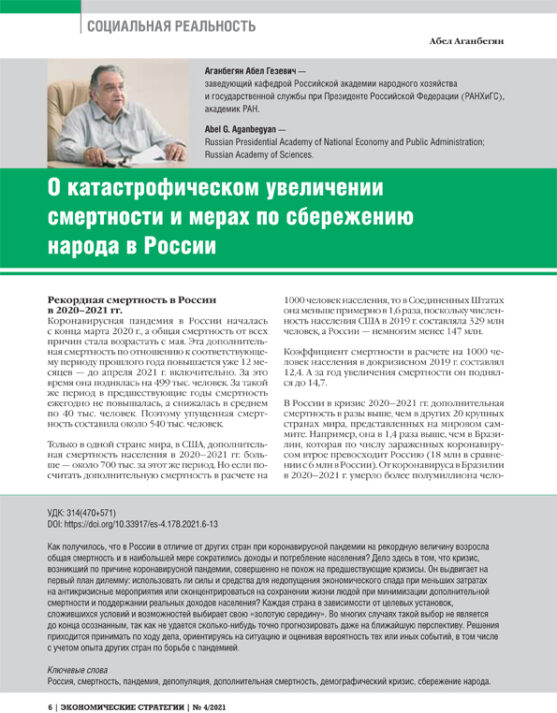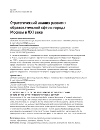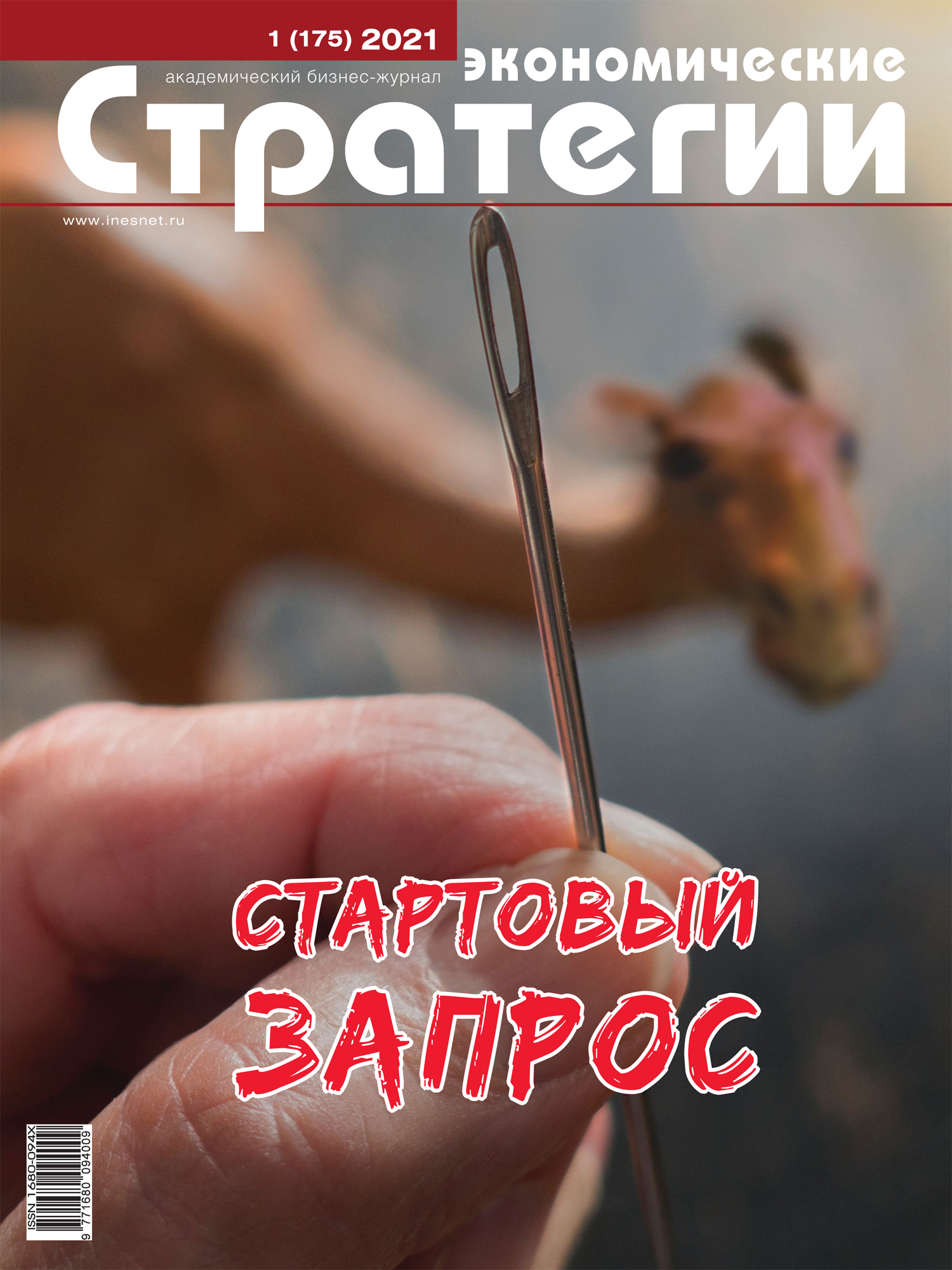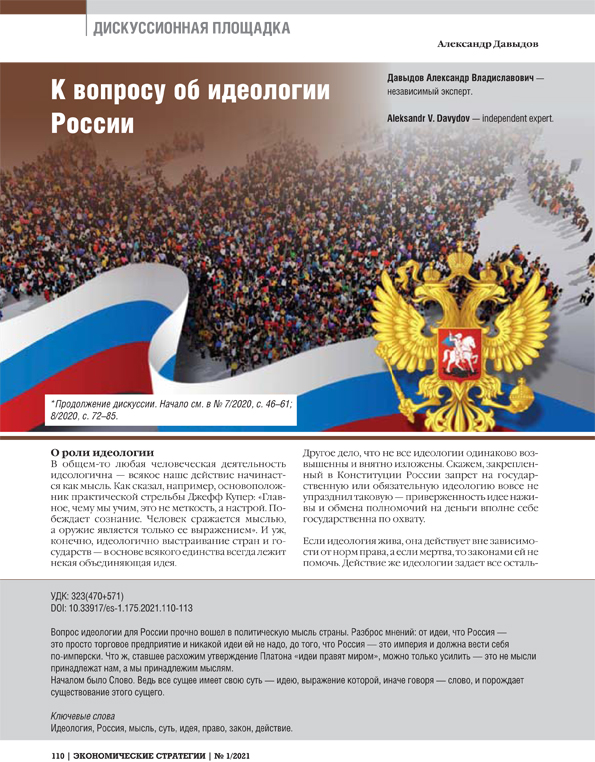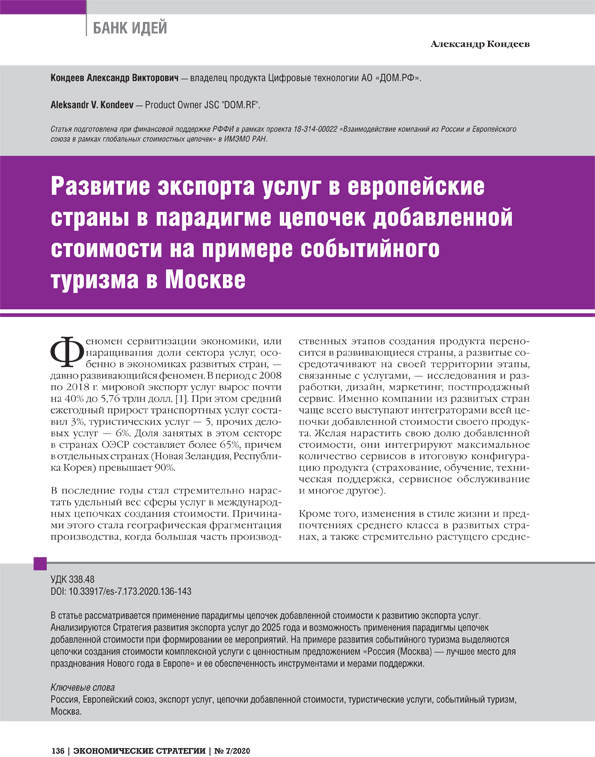Energy-Informational Cosmism of Russia
DOI: https://doi.org/10.33917/es-5.185.2022.60-65
Earth and space are fractal partners of the world system, whose structural, functional properties and characteristics are similar. They are equally subject to general laws of vital functions and cyclic development, mutual transformation of substance, energy and information, in the process of interaction and evolution generating common space-time categories, common material, biophysical and noospheric formations.
References:
1. Fursa E.Ya. Mirozdanie — mir voln, rezonansov i… nichego bolee [Universe is a World of Waves, Resonances and … Nothing More]. Minsk, UniversalPress, 2007, 480 p.
2. Tsiolkovskii K.E. Put’ k luchistomu Chelovechestvu [Path to Radiant Humanity]. Khimiya i zhizn’, 1977, no 1.
3. Chizhevskii A.L. Zemlya i Kosmos. Zemnoe echo kosmicheskikh bur’ [Earth and Space. Terrestrial Echo of Space Storms]. Moscow, Akademicheskii proekt, 2015, 272 p.
4. Bushuev V.V., Kopylov I.P. Energokosmizm Rossii [Energy Cosmism of Russia]. Moscow, Energiya, 2003, 140 p.
5. Bushuev V.V. Energiya i sud’ba Rossii [Energy and the Fate of Russia]. Moscow, Energiya, 2014, 292 p.
6. Bushuev V.V., Klepach A.N., Pervukhin V.V. Tsikly rossiiskoi (vostochno-evraziiskoi) tsivilizatsii [Cycles of Russian (East Eurasian) Civilization]. Moscow, Energiya, 2020, 102 p.
7. Tulupov A.V. Rod Severa. Russkie giperboreitsy [Genus of the North. Russian Hyperboreans]. Moscow, Algoritm, 2013, 528 p.
8. Dobrocheev O.V. Mekhanika ochen’ bol’shikh sistem prirody, zhizni i razuma [Mechanics of Very Large Systems of Nature, Life and Mind]. Moscow, TEIS, 2019.
9. Ivanov Yu.N. Ritmodinamika [Rhythmodynamics]. Moscow, Energiya, 2007, 221 p.
10. Bushuev V.V. Osnovy energologii [Energology Fundamentals]. Moscow, Energiya, 2020.
11. Kaznacheev V.P. Mysli o budushchem. Intellekt, golograficheskaya Vselennaya Kozyreva [Thoughts about the Future. Intelligence, Kozyrev’s Holographic Universe]. Novosibirsk, Sibirskoe nauchnoe izdatel’stvo, 2008, 192 p.
12. Chizhevskii A.L. Kosmicheskii pul’s zhizni [Cosmic Pulse of Life]. Moscow, Mysl’, 1995, 766 p.
13. Klepach A.N., Dobrocheev O.V. Ansambl’ ekonomicheskikh voln ili turbulentnaya gipoteza ekonomiki [Ensemble of Economic Waves or Turbulent Hypothesis of the Economy]. Filosofiya khozyaistva, 2015, no 6, pp. 180–191.
14. Balakshin O.B. Garmoniya samorazvitiya v prirode i obshchestve: podobie i analogii [Harmony of Self-development in Nature and Society: Similarities and Analogies]. Moscow, URSS; Izd-vo LKI, 2008, 341 p.


